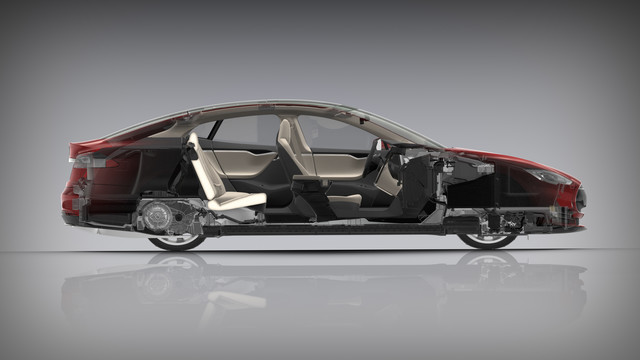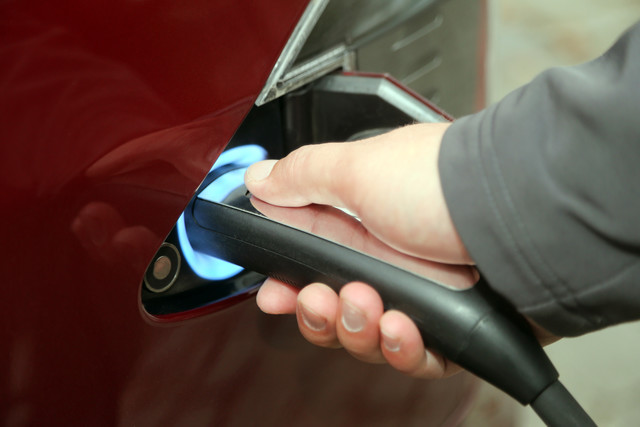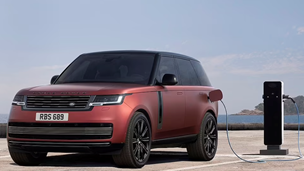Conventionally-powered cars with petrol and diesel engines will soon become a thing of the past, according to Tesla’s head of tech.
Chief technical officer JB Straubel gave a keynote speech at the InterSolar conference in San Francisco last month, saying that costs would soon cause fossil fuel-powered cars to die out.
He noted that advancements in lithium-ion batteries, which makes them smaller and lighter than before, as well as cheaper to buy and run, will make electric cars more viable than ever before.
“It's soon going to be cheaper to drive a car on electricity – a pure EV on electricity – than it is to drive a gasoline car,” he said.

“And as soon as we see that kind of shift in the actual cost of operation in a car that you can use for your daily driver, you know, from all manufacturers I believe we're going to see electric vehicles come to dominate the whole transportation fleet.”
He added: “Suddenly an electric vehicle wasn't a golf cart. It was something that was fun to drive. It could handle, because the battery pack didn't weigh 1,500 pounds.”
Likewise, Straubel pointed to the increasing size of the battery market, which is leading to lower and lower prices, with battery pack manufacturing costs falling 14 per cent between 2007 and 2014.
With the price of batteries falling, the Tesla CTO says it’s reasonable to expect the prices of electric vehicles to soon follow suit, estimating that electric cars will take over within the next decade.

Likewise, President Obama’s announcement yesterday of the new Clean Power Plan, which will aim to supplant the coal industry in the US with clean, renewable energy will provide a much-needed push.
Aiming to cut greenhouse emissions by a third within 15 years, the plan will see the President attempt to reduce the reliance on fossil fuels and focus more on solar and electric power.
Straubel said: “There’s going to be much faster growth of grid energy storage than I think most people expected.
“You suddenly get to have energy that's 100 per cent firm and buffered from photovoltaics that's cheaper than fossil energy. And we're within grasping distance of that goal, which is very, very exciting.”



